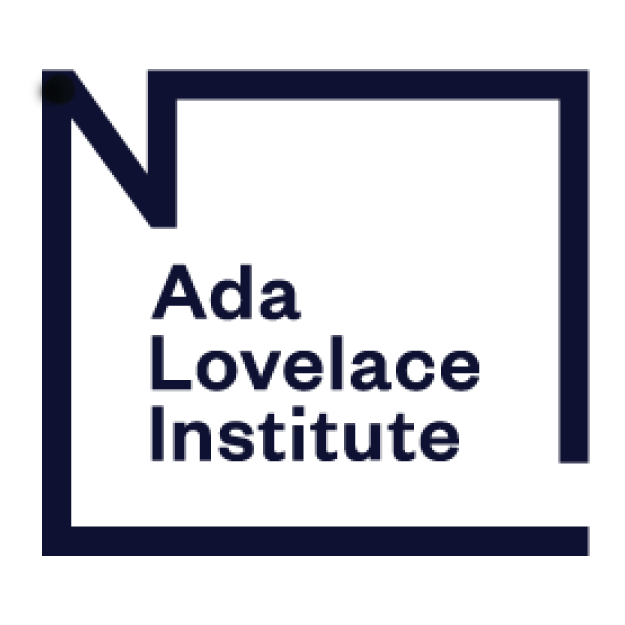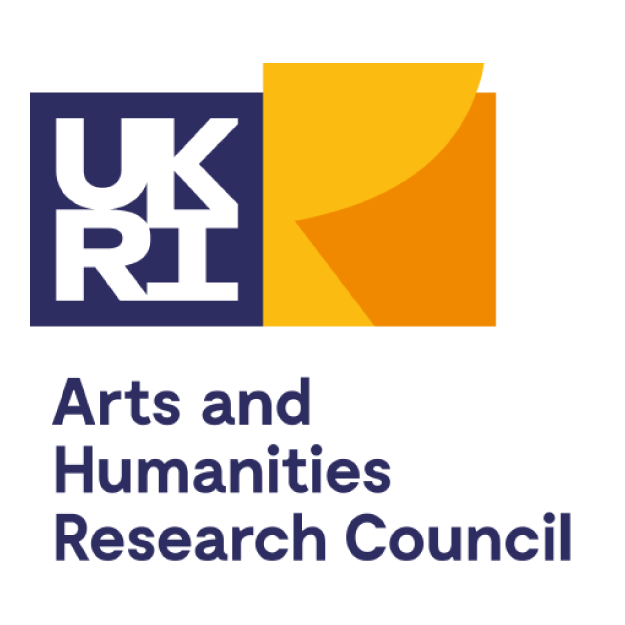- Led by Dr Clementine Collett, University of Cambridge
- Partnered with Institute for the Future of Work
This fellowship aims to develop policy recommendations surrounding generative AI and its impact on novel writing and publishing. Key issues such as IP, competition, and remuneration will be explored. This research uses participatory and co-design methods, collaborating with novelists, publishers, writers societies, policymakers, and tech companies.
This is a collaboration between the Minderoo Centre for Technology and Democracy at the University of Cambridge and the Institute for the Future of Work.
The project centres on protecting and enhancing the human-centred aspects of creative writing. Arts and humanities methods will engage stakeholders including novelists, publishers, tech companies, writers societies, and policymakers. This includes focus groups, interviews, case studies, and will culminate in a one-day collaborative forum with ~30 stakeholders to co-design policy and design solutions and frameworks, exchange knowledge, and ensure long-lasting buy-in and a legacy network.
The research investigates potential labour impacts, harms, and benefits of GenAI including work displacement, losses and enhancements to imagination, and protections of those whose creative practice could be altered by GenAI through foundation models such as LLMs (e.g. GPT and Llama). These findings will be relevant to a range of creative writing forms. A resulting 50-100 page report will contain constituent parts including a framework for co-designing responsible AI policy; recommendations on industry practice; guidance for authors and publishers; and briefings for policymakers. The report will be circulated to all stakeholders, both online and via print. It will be launched with a roundtable in Cambridge and an online webinar.
The report will therefore fulfil the three main objectives of this project:
- Produce a framework for co-design of policy and technology which integrates perspectives of multiple stakeholders.
- Guide industry practice surrounding technological design and implementation through clarification of the labour issues in GenAI models and applications.
- Inform policy and law concerning the emerging technology of GenAI and its impact on the novel.
Clementine is in a unique position to study this topic. Her doctorate at Oxford University (2020-2024) explores the responsible design, policy, and governance surrounding AI recruitment technology. During this, she worked on two major collaborative projects with non-academic stakeholders: identifying implementation gaps surrounding responsible AI with the Women’s Forum for Economy and Society, and lead authoring the report ‘The Effects of AI on the Working Lives of Women’ with UNESCO, OECD, and IADB. Clementine is also a novelist (pen name: Clementine Taylor) which gives her distinctive insight into industry norms and practices.





